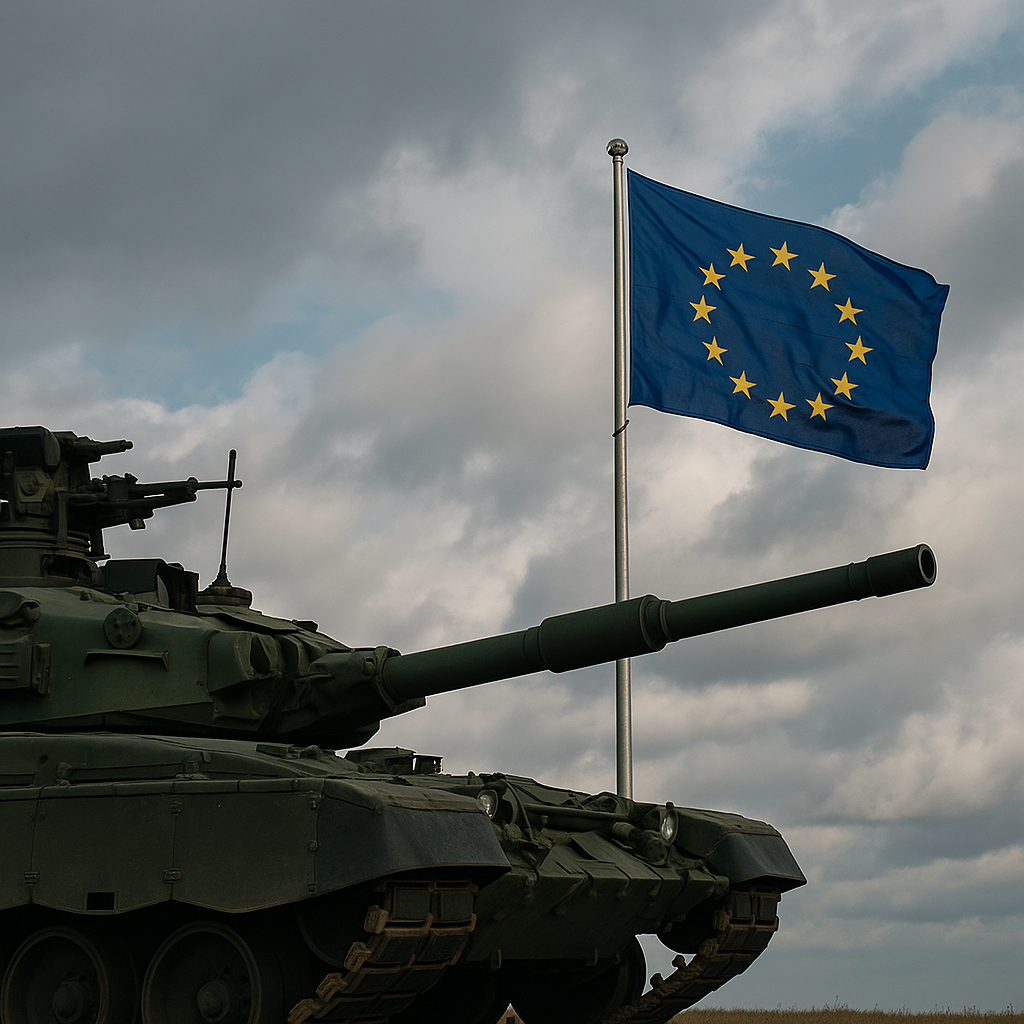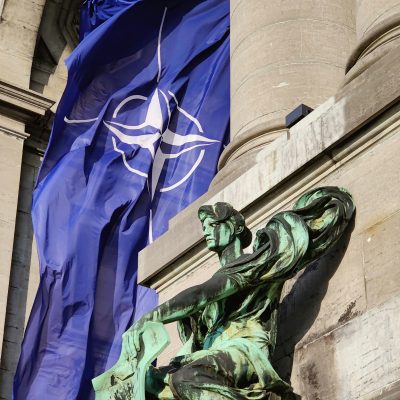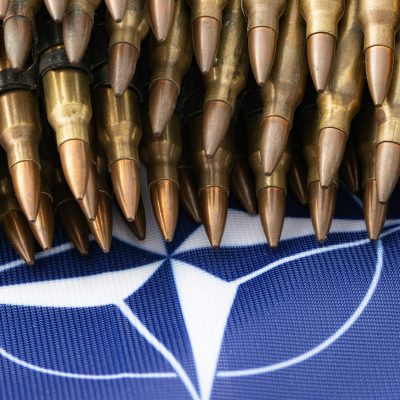How to maintain hard capabilities in times of budget cuts?
Ronja Kempin, Head of Division, EU External Relations,SWP —
In times of financial crises and strained public budgets, many countries have decided to cut their defence spending. In order to maintain their hard capabilities despite this process, EU Member States should pool their resources and strive for closer cooperation on military and civilian matters. At this point in time, however, states seek their salvation in bilateral rather than European initiatives, as the Franco-British example shows. Strategic ambivalences and a lack of strategic clarity are the main reason for the CSDP not living up to its objectives. To overcome these obstacles, Member States must agree to substantially deepen their military and civilian collaboration. Most importantly, the EU must enter into a new strategising process to reformulate the scope and reach of cooperation on security and defence matters. Initiating this development and leading Member States towards a new reform agenda should be a top priority for the 2013 European Council.

This Policy Paper is a contribution of Ronja Kempin (SWP) to the project Think Global – Act European (TGAE). Thinking strategically about the EU’s external action directed by Notre Europe – Jacques Delors Institute (report available in March 2013, dir. Elvire Fabry, Senior Research Fellow, Notre Europe – Jacques Delors Institute).
In times of financial crises and strained
public budgets, many countries have decided to cut their defence spending. In
order to maintain their hard capabilities despite this process, EU Member
States should pool their resources and strive for closer cooperation on
military and civilian matters. At this point in time, however, states seek
their salvation in bilateral rather than European initiatives, as the
Franco-British example shows. Strategic ambivalences and a lack of strategic
clarity are the main reason for the CSDP not living up to its objectives. To
overcome these obstacles, Member States must agree to substantially deepen their
military and civilian collaboration. Most importantly, the EU must enter into a
new strategising process to reformulate the scope and reach of cooperation on
security and defence matters. Initiating this development and leading Member
States towards a new reform agenda should be a top priority for the 2013 European Council.
Before the
publication of the final report presenting the key recommendations of the 16
think tanks involved in the project, 5 series of Policy Papers address the following key challenges: CSDP, EU neighbourhood, strategic resources,
migration and economic policy.
“How can Europeans be taken seriously with lower hard capacities?” which
includes contributions by Jean-Pierre Darnis (IAI, Rome), Nick Witney (ECFR, London) Daniel Keohane (Fride, Brussels) and Jan Techau (Carnegie Europe,
Brussels).
Go to the other contributions of the defence series >>
The project is led with the support of the 




